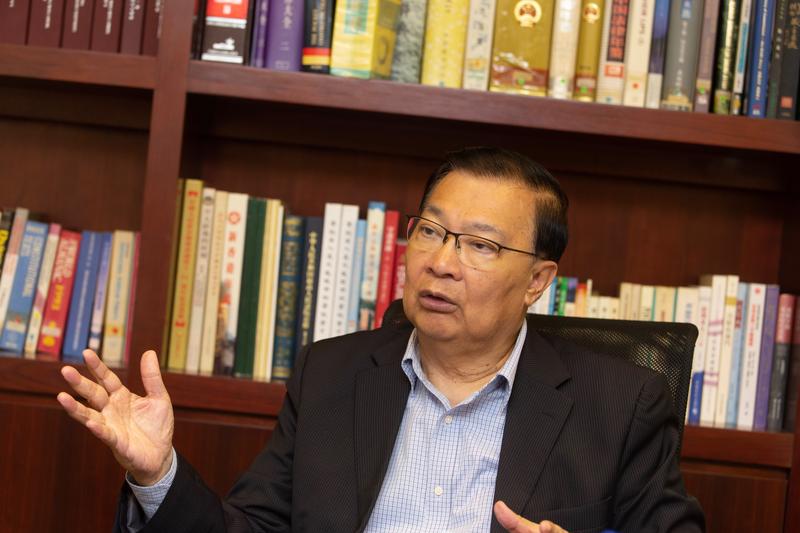Beijing 'determined' to legislate on national security for HKSAR
By Gang Wen | chinadaily.com.cn | Updated: 2020-06-27 22:32

HONG KONG - Minor opposition won't derail a proposed national security law for Hong Kong, according to delegates from the special administrative region (SAR) to the nation's top legislature.
Before departing for Beijing to attend a three-day meeting of the National People's Congress (NPC) Standing Committee scheduled to start on Sunday, Hong Kong's delegates called on citizens to focus on making constructive suggestions to improve the legislation.
The central government will listen to and fully consider Hong Kong's opinions on the issue, they said on Saturday.
The central government made clear last month that it had decided that a national security law tailored for Hong Kong was needed to safeguard national security, said Tam Yiu-chung, Hong Kong's deputy to the Standing Committee of the National People's Congress.
The failure of efforts in 2003 to pass legislation in Hong Kong on national security under Article 23 of the Basic Law shows that the territory has not been able to perform that duty on its own, said Tam.
Tam told reporters he would present views of various groups in Hong Kong on the law to the National People's Congress. There are opinions calling for retroactive application of the law, harsher punishments, and guarantees of press freedom in the SAR, he added.
Ip Kwok-him, a Hong Kong deputy to the National People's Congress, said Hong Kong had failed to enact a national security law as required by Article 23 of the Basic Law in the past two decades owing to opposition by some people.
The legal loophole has been exploited by some separatists to undermine Hong Kong's order and even endanger national security, he added.
However, the central government is still willing to consider appropriate proposals from the opposition, said Ip.
Speaking on a local television program Saturday morning, Ip said the upcoming NPC Standing Committee meeting is expected to discuss and vote on the national security law for Hong Kong.
He said about 10 Hong Kong NPC deputies would sit in the meeting, as is customary, to provide their opinions on the national security laws when needed. But unlike members of the Standing Committee, these Hong Kong deputies have no vote, said Ip.
























